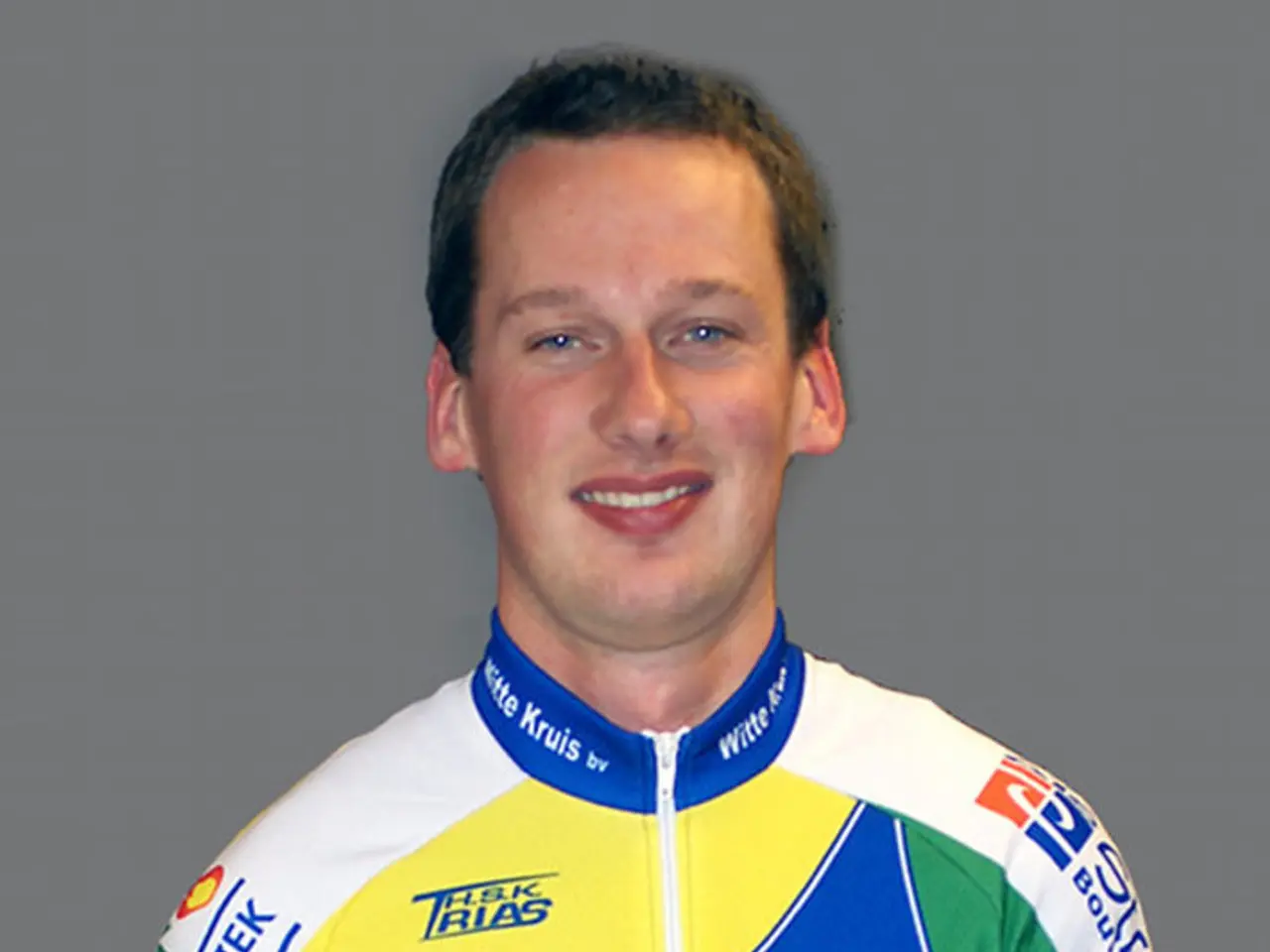Trailblazing Oxford's Covid-19 Vaccine Paves Path for Oncolytic Virus Companies
The field of oncolytic virus (OV) cancer therapies has been slow to make significant strides in the market, primarily due to a combination of scientific, manufacturing, safety, and regulatory hurdles.
Manufacturing and commercial scale-up bottlenecks, safety concerns, complex immune interactions, regulatory hurdles, clinical trial failures, high development costs, and the need for robust biomarkers and patient selection have all played a part in limiting the pace of new OV therapies reaching the market.
One of the key challenges is the difficulty in producing viral vectors at commercial scale. This limitation hampers readiness for broad market deployment. Ensuring the safety of OVs, particularly in minimising off-target effects, is critical for clinical safety. Managing immune responses to the virus itself is another complex issue that requires improved profiling for safety and efficacy.
Regulatory openness is improving, but alignment on guidelines for gene- and virus-based therapies is still evolving globally, complicating clinical trial harmonization and approval. Despite scientific innovation and increasing investment, these challenges have slowed the pace at which new OV therapies reach the market.
However, advances in genetic engineering, AI-driven vector design, and improving clinical strategies are progressively addressing these barriers. For instance, Transgene's next-generation OV candidate, currently in phase I trials, is engineered to act simultaneously as a checkpoint inhibitor, a pro-inflammatory drug, and to block immune-suppressing cells.
Another European startup, Theolytics, which was spun out of the University of Oxford in 2019, uses a more Darwinian approach that can take just 18 months to discover new OV candidates. This startup recently raised €5.6M in a Series A round, indicating an increase in investor interest.
The approval of the Oxford Covid-19 vaccine could also help the field of OV cancer therapies. The vaccine's success validates the clinical potential and large-scale manufacturing and cold chain distribution of adenoviruses, a common vector for OV therapies. Theolytics' CEO, Charlotte Casebourne, stated that this approval is a boost for adenovirus-based products.
Despite these advancements, there are still obstacles. The immune system tries to destroy viruses before they can establish themselves, and many people already have immunity to some of the viruses used for treatments. However, the development process, from discovery to clinical trials, can take between five and seven years, involving tedious iterations of viral modification and screening.
Since the debut of Amgen's Imlygic in 2015, no other OV cancer therapies have been approved by the FDA and EMA. The only OV therapy in sight of approval is Daiichi Sankyo's teserpaturev, which is awaiting a regulatory decision in Japan.
In conclusion, while the field of OV cancer therapies faces significant challenges, advancements in genetic engineering, AI-driven vector design, and improving clinical strategies are progressively addressing these barriers. The recent success of Theolytics and the approval of the Oxford Covid-19 vaccine offer hope for the future of this promising field.
References:
- Oncolytic Virus Therapy: Advances and Challenges
- Replimune's Oncolytic Virus Fails to Secure FDA Approval
- The Challenges and Opportunities in Oncolytic Virus Therapy
- The biotech startup Theolytics, spun from the University of Oxford, is one example of innovation in the field of oncolytic virus (OV) therapies, using a Darwinian approach to discover new OV candidates in just 18 months.
- Recent investments, such as €5.6M in a Series A round for Theolytics, indicate a growing interest in OV therapies, which use viruses like adenoviruses to treat medical-conditions like cancer.
- Despite the progress made by startups like Theolytics, the field of OV cancer therapies is still confronted with challenges, such as the immune system's tendency to destroy viruses before they can establish themselves, delaying the development process for up to seven years.




